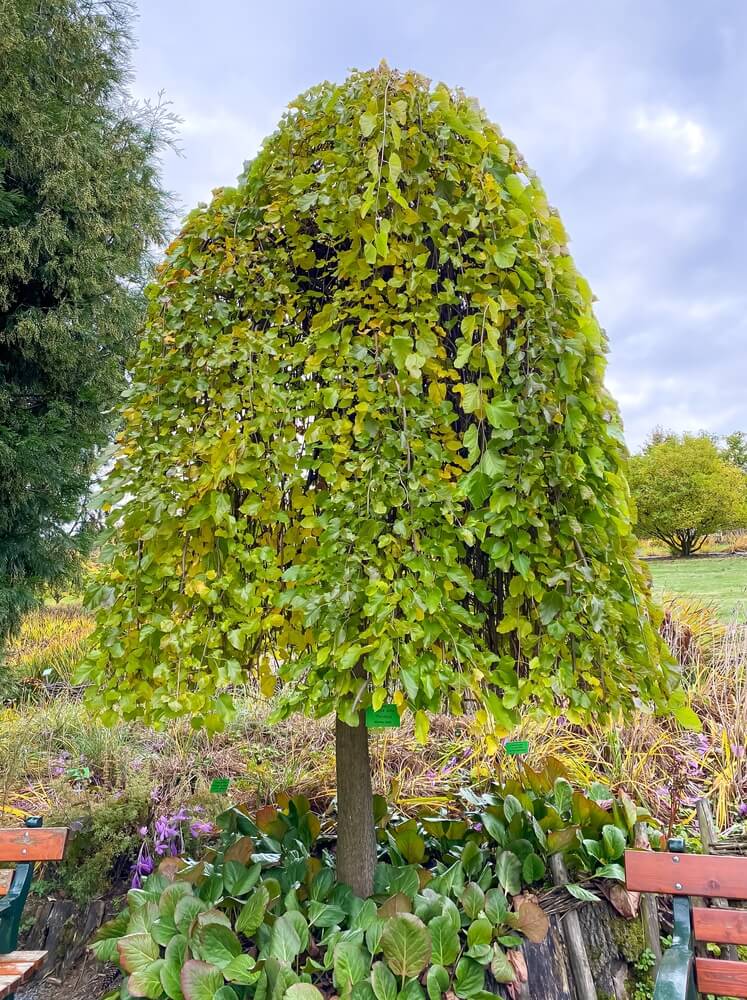Description
Morus is a genus of deciduous trees and shrubs in the family Moraceae. Commonly known as mulberries, Morus species are valued for their edible fruits and attractive foliage. They have a long history of cultivation for their culinary and ornamental purposes.
Climate: Morus species are adaptable to a range of climates. They thrive in temperate to subtropical regions with mild winters and warm summers. Some species are more cold-hardy than others. Choose species suitable for your specific climate to ensure successful growth.
Watering: Morus plants have moderate water needs. Water young plants regularly to establish a strong root system. Once established, they are relatively drought-tolerant and require less frequent watering. However, consistent moisture during fruiting periods can promote healthier fruit development.
Soil Type: Morus plants prefer well-draining soil with a slightly acidic to neutral pH. They can tolerate a range of soil types, including sandy or loamy soil. Good drainage is important to prevent waterlogged roots.
Fertilizing: Morus plants benefit from regular fertilization to support growth and fruit production. Apply a balanced, slow-release fertilizer in early spring. Additional applications can be made in late spring and early summer. Avoid excessive fertilization, which can lead to excessive growth at the expense of fruiting.
Pest & Diseases: Morus plants are generally resistant to pests and diseases. However, they can be susceptible to scale insects and aphid infestations. Regular monitoring and proper sanitation practices can help prevent these issues. Birds can also be attracted to the fruit.
Pruning: Morus plants require minimal pruning. Prune in late winter or early spring to shape the tree and remove any dead or diseased branches. Mulberries have a spreading growth habit, and light pruning can help maintain a desired shape.
Propagation: Morus plants can be propagated through seeds, cuttings, or grafting. Seeds can be collected from ripe fruit and sown in containers in the fall. Semi-hardwood cuttings can be taken in summer and rooted in a well-draining medium. Grafting onto rootstocks is often used for specific cultivars.
Landscape Uses: Morus plants are popular choices for edible landscapes and gardens. They can be grown as standalone trees or in shrub form. The fruits are attractive to wildlife and can be used for culinary purposes, such as making jams and pies.
Cultivars: There are several cultivated varieties of Morus available, offering variations in fruit size, flavor, and tree size. Some popular cultivars include Morus nigra ‘Black Mulberry’ with sweet, dark fruit, Morus alba ‘Pakistan’ with large white fruits, and Morus rubra ‘Red Mulberry’ with red to purple fruits. These cultivars provide options for different culinary preferences and can enhance the visual appeal of your garden.


